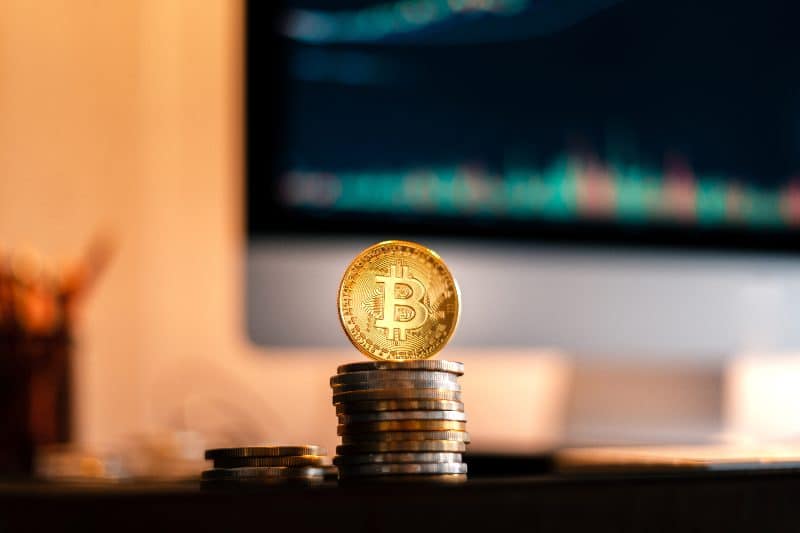The CEO of Soros Fund Management, Dawn Fitzpatrick, admitted in an interview with Bloomberg that the fund has opened positions on Bitcoin.
Summary
Fitzpatrick and Bitcoin as a mass tool
His statement seems to leave little to the imagination:
“From our perspective again, we own some coins, not a lot, and the coins themselves are less interesting than the use cases of DeFi and things like that”.
This statement would confirm the ever-pressing rumours of Soros investing heavily in cryptocurrencies, back at the beginning of the year.
George Soros, who has always been rather sceptical about cryptocurrencies, at the beginning of the year had instructed his fund manager, Adam Fisher, who oversees Soros Fund Management’s macro investments, to gradually begin trading with virtual currencies.
Fitzpatrick argued in his interview that Bitcoin is not only a hedge against inflation, but also a mass investment. In support of this, he cited the total market capitalization of cryptocurrencies, which is now over $2 billion.
Fitzpatrick said:
“There are 200 million users around the world, so I think this has gone mainstream”.
According to some observers, this news is also responsible for Bitcoin’s big rise, back above $55,000 in recent hours.
George Soros and his relationship with Bitcoin and cryptocurrencies
George Soros made headlines in 1992, when he sold £10 billion short with his hedge fund Quantum on 16 September. This managed to cause a historic collapse of the British currency, which forced the BoE to pull the currency out of the European monetary system. With this bold move Soros earned about 1.1 billion dollars.
This made him legendary in the world of financial speculation. In the early 2000s, however, he decided to devote himself to philanthropy and charitable investments. In this new role as a wealthy financier of progressive political and social battles, he has often criticized the world of cryptocurrencies. In 2018 he stated during an international financial event that:
“Cryptocurrency is a misnomer and is a typical bubble, which is always based on some kind of misunderstanding”.
After only two years, his opinion seems to have changed decisively. In fact, he was one of the most critical of China’s ban on cryptocurrencies, calling it a historic mistake.

Second thoughts on cryptocurrencies in traditional finance
Soros’s is just the latest in a long line of radical changes of opinion in a few years on cryptocurrencies and Bitcoin.
JP Morgan CEO Jamie Dimon in 2017 had compared cryptocurrencies to the tulip speculative bubble in the 1600s. A few months ago, his own bank predicted Bitcoin to be valued at over $100,000 by 2022.
Goldman Sachs, after having warned that cryptocurrencies were not a financial instrument to be considered, submitted an ETF on DeFi to the SEC last May. This was after having already created derivative products on Bitcoin.
The change of opinion of Ray Dalio, founder of the largest hedge fund in the world, was sensational. In 2017 these were his words regarding Bitcoin:
“It’s not an effective storehold of wealth because it has volatility to it, unlike gold. Bitcoin is a highly speculative market. Bitcoin is a bubble”.
A few days ago he went so far as to say that cash is junk and that it would therefore be much better to invest in Bitcoin, which can instead be considered as a store of value.
One of the few great exponents of traditional finance who still seems to hold their views is Warren Buffett, who continues to regard Bitcoin as a mere speculative bubble with no intrinsic value. Here again, words should be measured by deeds, considering that his investment company in June invested $500 million in Nubank, a Brazilian digital bank.




